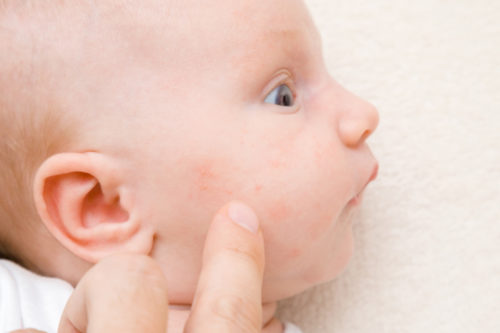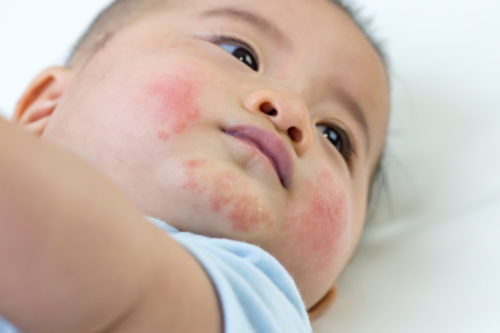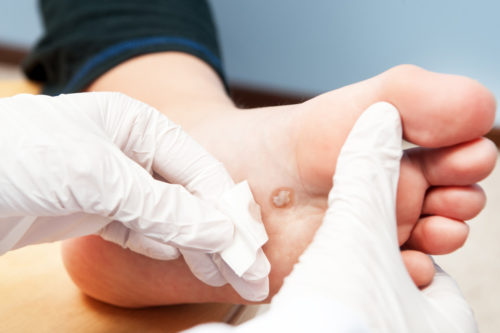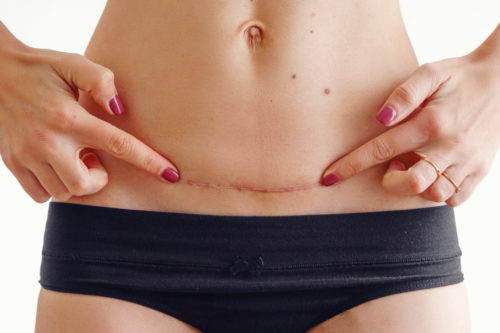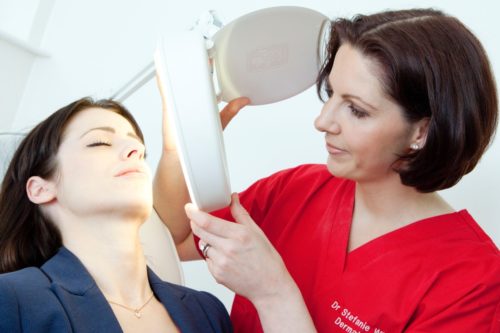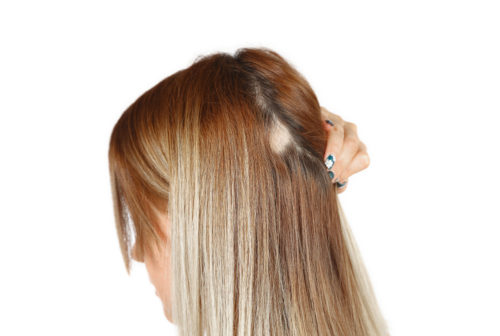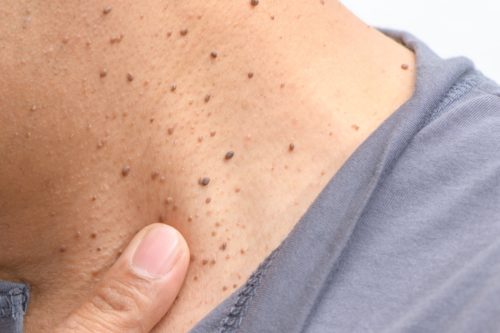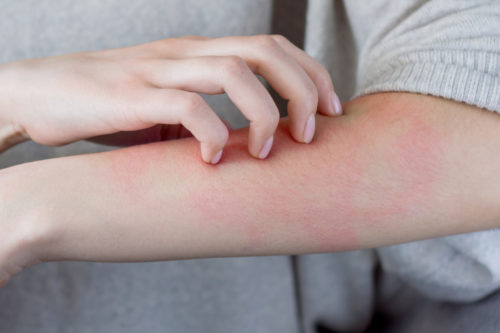-
Between 80-90% of teenagers suffer with acne to some extent. Acne can be a seriously distressing condition with the potential to scar the face permanently. We strongly encourage treatment before scarring or emotional problems occur. Our Dermatologists can prescribe all medical treatments including Isotretinoin/Roaccutane® and will also recommend which skincare products are suitable for your child.
-
Atopic dermatitis or eczema is one of the most common skin problems in babies and children. Chronic eczema skin is dry, thickened and itchy while acute forms of eczema can appear inflamed, red and weepy. Although we can't actually cure eczema, a combination of innovative emollients, moisturizing baths, anti-inflammatory creams and anti-itch tablets can keep the symptoms in check until the child eventually grows out of it, as most do.
-
Common among children, these arise on the feet and hands, and can spread if untreated. We offer in-clinic ‘freezing’ (more potent and milder than over-the-counter ‘freezing’ variants) as well as high-concentration salicylic & lactic acid paints for home use. If you prefer, we can also arrange a 'one-visit' curettage & cautery ('surgical scraping') under local anaesthesia.
-
Alopecia areata, a form of patchy hair loss, is the most common type of hair loss in children. It can arise spontaneously or be triggered by stressful life events such as a new school, problems with peers, or parental problems. In the majority of cases, the hair eventually grows back fully and we can offer treatment to try and kick-start the process and help minimise the child's understandable distress.
-
Pityriasis Rosea is a harmless fungal infection commonly mistaken for psoriasis. Initial symptoms are a patch on the trunk, progressing into widespread scaliness covering the entire trunk, over days to weeks, causing itchiness. Frequently no treatment is required, with the rash healing itself without leaving scars. Eudelo’s dermatologists can however recommend the correct diagnosis, and a mild topical treatment to accelerate the clear-up.
-
Some people develop raised, 'overgrowing' scars (hypertrophic scars or keloids) after operations, trauma or minor inflammations arising from acne. The earlier a scar is treated, the better the outcome. Our dermatologists offer treatments to significantly improve their appearance, such as injections, steroid solutions, and prescription topical treatments.
-
These are yellowish enlarged oil glands, between 1 – 3 mm in diameter that appear commonly on the forehead and cheeks of adults. They are harmless, but can resemble a basal cell skin cancer, making professional diagnosis from a Dermatologist essential. Improvement through prescription cream, complete in-clinic removal through ACP or cryotherapy (‘freezing’) are all options we can offer at Eudelo.
-
Depending on the type, skin cancers appear as neutral or coloured lumps, ulcerated bleeding lesions, scar-like patches, or changing moles. These require urgent diagnosis if discovered, to prevent local growth or development into a tumour. Our Dermatologists will assess these through a dermoscopic examination, and remove or send the tissue for special microscopic analysis, depending on the prognosis.
-
Certain skin conditions such as psoriasis, eczema or seborrhoeic dermatitis can affect the skin on the scalp, causing itching, flaking or scaling, potentially with some hair loss. Scalp skin may also develop fungal infections, which can be highly contagious. Skin conditions on the scalp should always be diagnosed and treated by a Dermatologist.
-
Skin Tags (Fibromas / Papillomas) are harmless soft skin lesions, that protrude from the skin on tiny ‘stalks’, often near the neck, face and groin. You may wish to remove these if they are uncomfortable or for aesthetic reasons. We can remove these painlessly through a variety of non-surgical methods including curettage ('surgical shave'), or ACP (Advanced Cosmetic Procedure using Electrolysis).
-
Alopecia areata, a form of patchy hair loss, is the most common type of hair loss in children. It can arise spontaneously or be triggered by stressful life events such as a new school, problems with peers, or parental problems. In the majority of cases, the hair eventually grows back fully and we can offer treatment to try and kick-start the process and help minimise the child's understandable distress.
-
Pityriasis Rosea is a harmless fungal infection commonly mistaken for psoriasis. Initial symptoms are a patch on the trunk, progressing into widespread scaliness covering the entire trunk, over days to weeks, causing itchiness. Frequently no treatment is required, with the rash healing itself without leaving scars. Eudelo’s dermatologists can however recommend the correct diagnosis, and a mild topical treatment to accelerate the clear-up.

